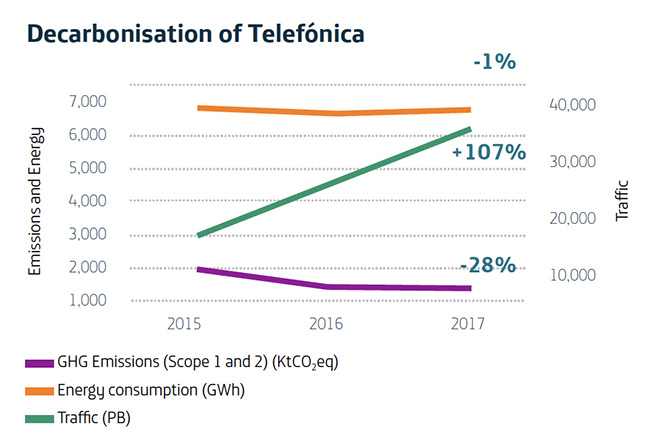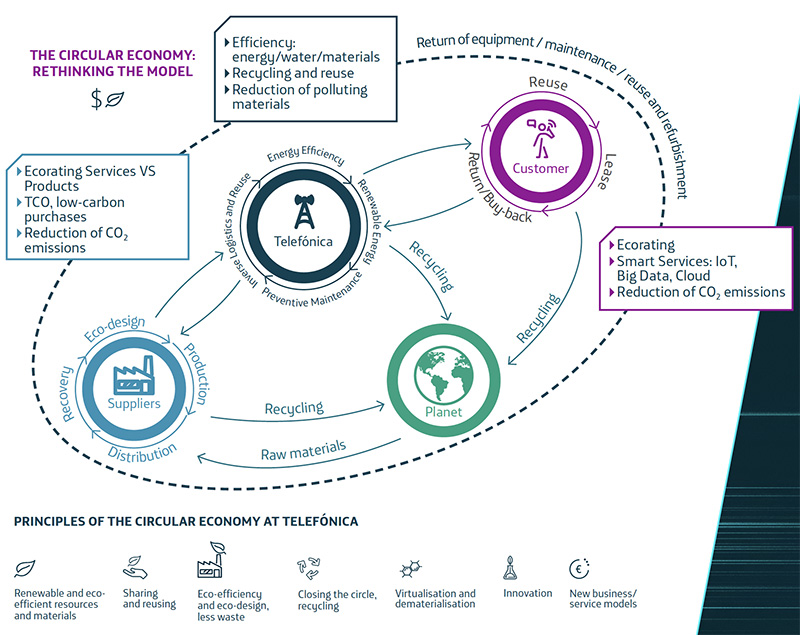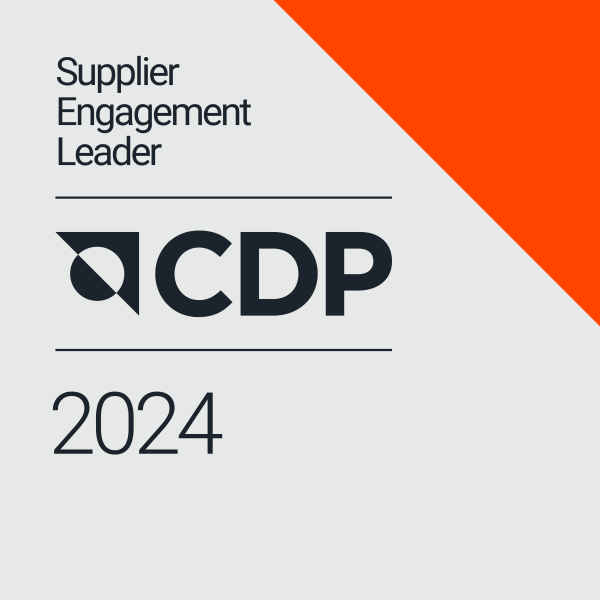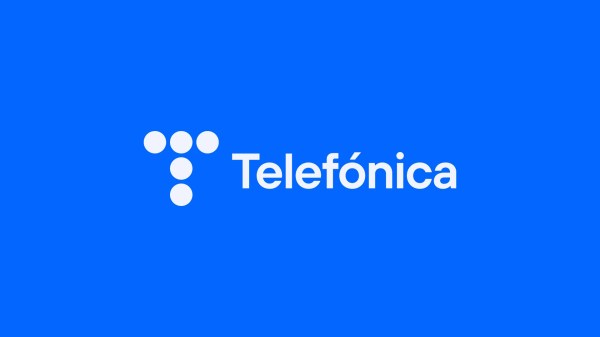What do you think of PPAs? Do you think that your company will be able to decarbonize? And does your family take advantage of the circular economy? Many of us are completely in the dark regarding these questions, but the thing is that the number of news and conversations about climate change are increasingly numerous each day. Some terms to clear things up:
 Decarbonization: Refers to ceasing to use fossil fuels to slow climate change down. The world currently generates more emissions than the ecosystem can naturally absorb. This is why we say that it is necessary to decarbonize the economy. It is also common to talk about decoupling the growth of the world or of a company and energy consumption, and that an “energy transition” is necessary for this; in other words, producing more clean energies and more digitalization. Decarbonization or decoupling is already a reality in our company because, since 2015, our business (the traffic that “we transport” through our networks) has increased 107% while our energy consumption has decreased by 1%.
Decarbonization: Refers to ceasing to use fossil fuels to slow climate change down. The world currently generates more emissions than the ecosystem can naturally absorb. This is why we say that it is necessary to decarbonize the economy. It is also common to talk about decoupling the growth of the world or of a company and energy consumption, and that an “energy transition” is necessary for this; in other words, producing more clean energies and more digitalization. Decarbonization or decoupling is already a reality in our company because, since 2015, our business (the traffic that “we transport” through our networks) has increased 107% while our energy consumption has decreased by 1%.
Renewable PPA: Power Purchase Agreement, or long-term energy purchase agreement, for example, 10-15 years of renewable energy. What are the advantages of these types of agreements for Telefónica? We decarbonize our activity and obtain energy at a competitive price that is stable over time. And for the supplier company? The customer is guaranteed in the long-term, making it possible to, for example, achieve investments to build a clean energy plant, with everything that this implies as an engine for progress (sustainable). There are countries like the United States in which PPAs are already very frequent, and they are now spreading to other markets. We can be proud because Telefónica’s first PPA in the world is about to see the light in Mexico with a new solar plant.
Carbon neutral: This is everybody’s goal: countries, cities, companies… to be “neutral” in carbon emissions. To achieve this, we either have to have zero emissions, something that is currently not possible, or we have to compensate what we generate. In this way we don’t leave any footprint on the planet. How are these emissions calculate in a company like Telefónica? Starting from the energy consumption and taking into account three scopes: the first, emissions from the use of fuel and air conditioning equipment gases; the second, mainly stemming from the consumption of electricity in our network; the third, emissions mainly stemming from the use of products by our customers and the purchase of goods and services.
To “neutralize” the carbon footprint we can, for example, create carbon sumps such as trees or algae, which capture CO2. Another option is to purchase emissions absorption credits to finance reforestation projects. At Telefónica are fortunate to have “eat CO2” solutions -fleet management, smart energy, cloud…-. Thanks to these solutions, we avoid more emissions than we generate in customers in Spain.
Circular economy: This concept is inspired by nature itself, by the life cycle, where everything is useful and taken advantage of. Applied to a company like Telefónica, this implies a paradigm shift in the processes, from the purchase of more sustainable, durable, and efficient products, to the design of customer services. It’s an opportunity for achieving savings and revenues!
We’re already seeing it in the management of equipment when, for example, we collect our customers used routers, repair them, and put them back in the market. Thus, we avoid the consumption of raw materials and new resources. And, in terms of B2B, we have undertaken to promote the development of technological solutions that promote the revolution towards the circular economy.

Eco Rating: eco-label or seal that assesses sustainability, scoring mobiles and devices between 1 and 5 depending on 100 criteria. With the Eco Rating, the following, among other aspects, are assessed: whether manufacturers worry about the conditions of their workers, the eco-design of the devices, the production of the components and substances used in them, the efficiency of the packing and transport, their energy consumption, or the full charge time of the battery and its recycling. To date, we have informed the Eco rating of 71% of our portfolio in countries such as Spain, Brazil, Germany, the United Kingdom, Chile, Colombia, Argentina, Ecuador, and Peru, and the goal is to extend this to all the markets, and for it to turn into a standard for the entire industry.
Is there any other term that you are interested in, or curious about? Go ahead and share it. We choose to learn!








